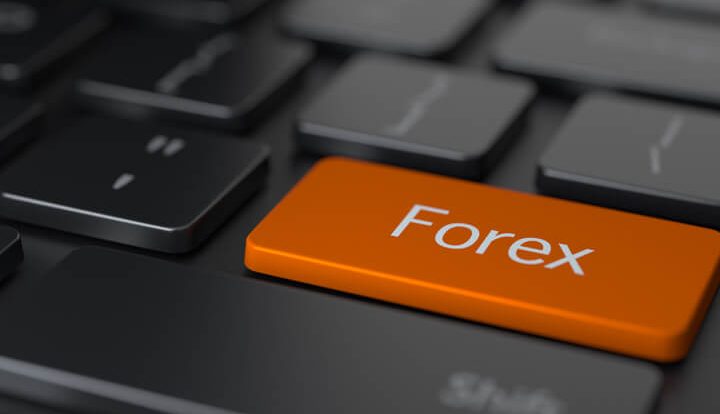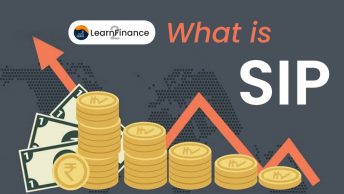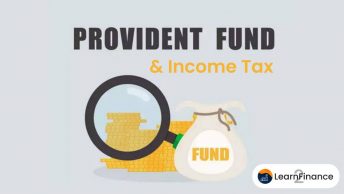What is Forex/Currency trading?
Forex trading refers to the foreign exchange or trading of foreign currencies in the worldwide market. Forex trading otherwise known as money trading is the largest and profoundly unstable market on the planet.
The forex market is decentralized in nature as the exchange is done in a ridiculous section, in short, alluded to as OTC. OTC is a market where the exchange of foreign currencies takes place straightforwardly between the parties with no supervision.
All things considered, the everyday transaction volume of the forex trading amounts to $5 trillion. Despite the fact that it offers a rewarding increase, it is dynamic and fluctuates continuously.
What are the scams related to Forex trading?
There are chances that you may have run over promotions of online forex trading platforms on social media. Large numbers of them additionally publicize in the neighbourhood in the Indian language. The promotion, ordinarily, discusses how you can without much of a stretch trade in foreign exchange, the forex market and bring in quick money.
Many of these forex trading applications are popular around the world. But, they are totally illegal in India.
They execute binary trades. That is to say, the investor either gets a fixed sum or nothing. For instance, you can gamble on whether the US dollar would fall against the Indian rupee. On the off chance that it does, you get a fixed sum. On another hand, if you lose, the stage keeps the money. Such binary trades are not permissible in India and numerous different parts of the globe.
Binary trades are not permissible under the Foreign Exchange Management Act (FEMA). As per the Reserve Bank of India’s Liberalized Remittance Scheme, a person can’t use the money transferred abroad for speculative purposes or to trade on margins. It allows investments however on a conveyance/delivery basis.
In India, individuals can exchange forex trades on stock exchanges however with restrictions. For instance, there are only four accessible currency pairs – US Dollars (USD), Euro (EUR), Great Britain Pound (GBP) and Japanese Yen (JPY). Because of these restrictions, the forex market in India is smaller contrasted with numerous other developed markets. An investor can exchange the four sets by opening a trading account with a traditional broker such as Zerodha or Upstox.
There are also chances that you can fall to fraudsters professing to be an online forex stage. It has occurred in the past. The investor wins small trades at first. Now, as transaction amounts increase, the person starts losing money. After a couple of months, these so-called apps/platforms wind down their operations.
Now it is gone.
So, Forex Trading is illegal in India?
Forex trading is not unlawful or illegal in India. It is legitimate to do forex trading through the Security Exchange Board of India (SEBI) registered dealers. You can see the whole list of registered approved dealers on the SEBI website.
In simple words, an Indian resident can do forex trading with cash pairs that were above mentioned and are benchmarked against INR through listed forex trading portals.
Now let’s see more of the legal aspects of Forex trading in India.
Due to unreliable brokers, Forex trading can be a huge risk for normal retail investors, that is the reason why Forex is restricted in India.
Numerous investors are constantly asking, “If forex trading is lawful in India?” Well, the government of India and RBI have restricted this trading option. It’s not totally prohibited; it’s restricted. India is not just a country where Forex is restricted; there are twenty countries around the world that don’t permit their citizens to trade in Forex exchanges.
According to the RBI guidelines, forex trading in India is totally illegal. Be that as it may, Indians are investing in this market by taking the assistance of online international brokers. In the event that you are just similar to another novice who wants the correct answer of forex trading in India legal or illegal, well, it’s extremely difficult to say, you can invest in forex without any hassle. There are numerous rules and regulations that the government has set for the traders. So, on the off chance that you ask anyone whether forex trading in India is legal or illegal, he will by the laws you can’t exchange this market.
How to start Forex trading in India?
Currency contracts in India are cash-settled for example you don’t get actual conveyance of the currencies. In this way, you needn’t bother with a Demat account for currency trading. You just need a trading account to begin forex trading in India.
First, you will need a good internet connection:
To begin forex trading in India, you need an excellent internet service provider with negligible interruptions. Forex trading is about speedy responses. A postponement of even 5 seconds can be the contrast between benefit or misfortune. Since forex trading is done in parts and on high influences, even a little deferral can amplify your losses.
Now find a Real Forex Broker in India:
There are a huge number of phoney forex intermediaries on the internet. Tracking down a dependable forex agent/broker is a tedious task.
Checklist for selecting a Broker
- Brokers should be authorised by SEBI to provide forex trading services.
- Should be well-reputed amongst forex traders.
- Prefer a broker who offers a low, flat brokerage structure.
- Brokers should have a well maintained and accurate trading platform.
Assuming you find a good traditional broker, you can end up paying a huge amount of brokerage fees. So you should do your research thoroughly.
Start trading:
Now trading in forex can be a whole other world from traditional stock markets. As forex markets are unregulated and have high volatility.
Here are some basics you should know before entering the forex market:
Currency sets: Currencies are constantly exchanged sets.
- Bid and ask: The cost at which a currency is purchased is known as the ‘bid’ cost and the cost at which a currency is sold is known as the ‘ask’ cost.
- Spread: The distinction between the bid and the ask cost is known as the ‘spread’.
- Pip: A point in cost or pip is the littlest development (change) in the trade paces of the currency pair.
- Lots: Unlike the offer market where you can purchase 1 offer, currency market bargains in lots.
- Leverage: Leverage assists you with taking huge situations against a little guarantee for example edge.
Note: if you are new to these terms I would suggest you watch MarketGurukul, he is one of the best forex trader and teacher.
And if you want to know more about investments and personal finance then read our article on Best online resources to learn investments in 2021.
Conclusion:
Forex trading isn’t illegal in India. In any case, the currency trading in India is restricted to the guideline and limitation forced by the RBI and SEBI. One should be wary and very much educated about these regulations while entering forex trading.
So, what are your thoughts on Forex trading? Comment down below.



![10 [Must Read] Books on Personal Finance for Indian Investors 3 10 [Must Read] Books on Personal Finance for Indian Investors](https://learn2finance.com/wp-content/uploads/2021/09/10-Must-Read-Books-on-Personal-Finance-for-Indian-Investors-344x194.jpg)




